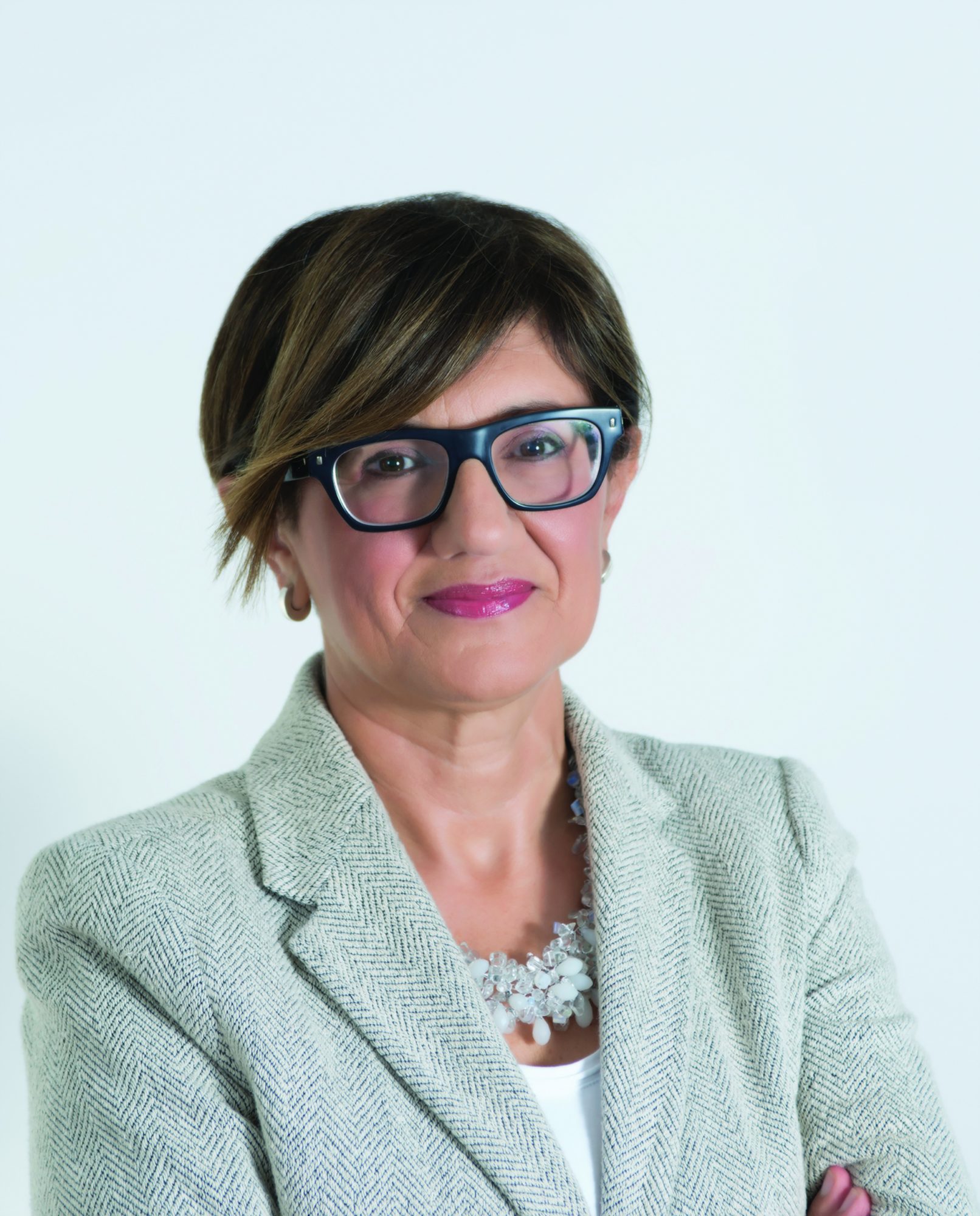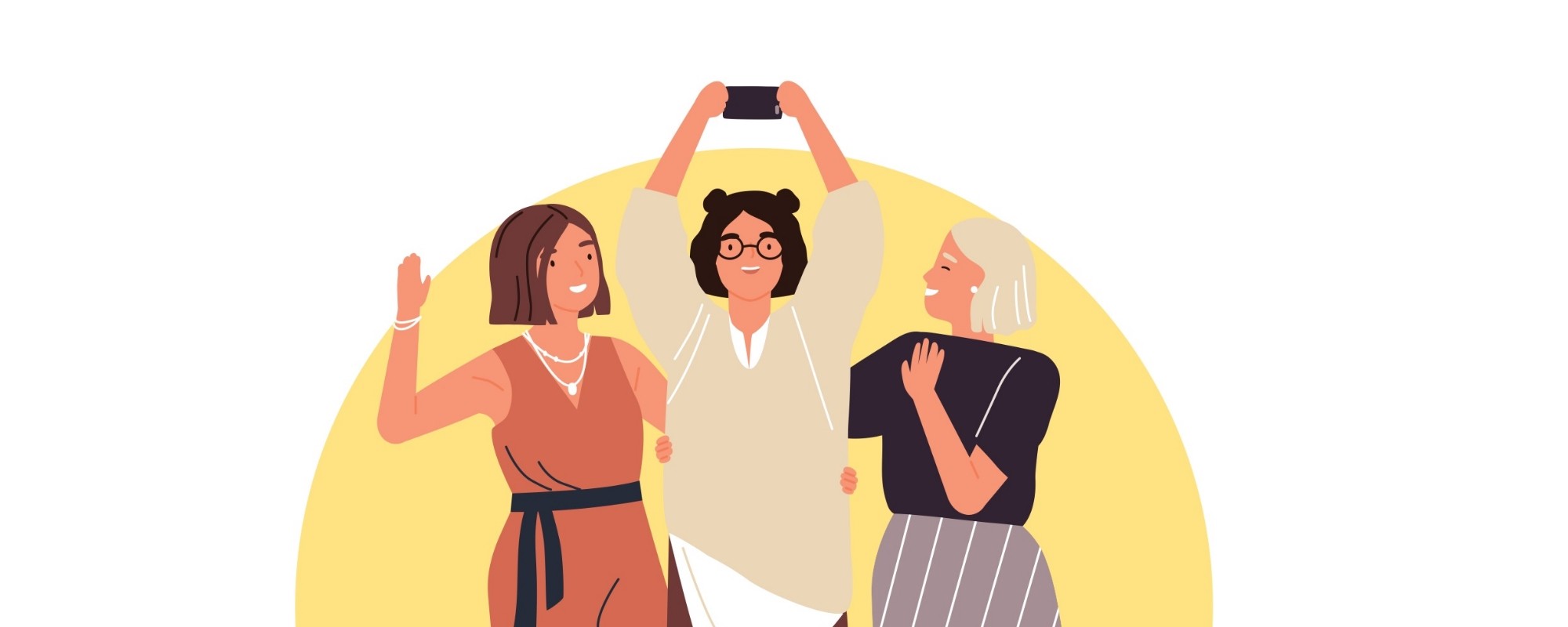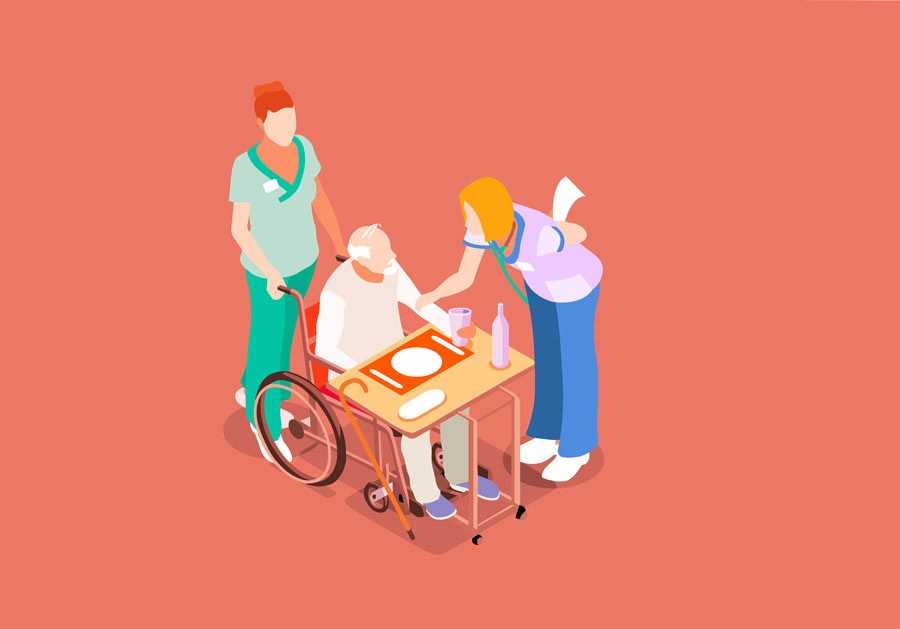Burnout
In airplane safety demonstrations, we are always told to put oxygen masks on ourselves before we help others. If we are not well, how can we help others efficiently? Dr Patrick Barbara writes about burnout among Malta’s mental health professionals and what we can do to resolve this worldwide issue.
Mental health professional ‘Joe’ works in the Maltese hospital’s services. He feels emotionally drained and at the end of his rope. In the morning, he wakes up dreading his workday. The passion for it has dissipated. Maybe, he thinks, it’s time to quit.

Dr Aloisia Camilleri and I explored the concept of burnout in professionals working within our mental health system. The research project itself was born from the notion that to support those who need care, service providers themselves need to have good mental health.
To understand job-related burnout, it is best to see it as a spectrum. People can be happy, satisfied, and fully engaged, or they can be completely disinterested and disengaged. This framing helps us understand that there are differing degrees of burnout, while also highlighting that different definitions of burnout can lead to different results.
In our research, burnout was defined as a process where a person’s psychological resources are gradually depleted as a result of prolonged stress at work. This then manifests in emotional exhaustion, depersonalisation, and loss of personal accomplishment. The person feels worn out, fatigued, detached, and cynical about their job. Ultimately there’s a sense of inability to cope, and low morale sets in. This is the ultimate lose-lose situation where both the employee and the patients suffer as the organisation loses efficiency.
For the study, we invited 322 professionals to participate anonymously. The roles they occupied varied and included psychiatry doctors, nurses, occupational therapists, psychologists, psychotherapists, and social workers. In the end, 230 agreed to answer our standardised questionnaires. The results were in line with those of similar studies conducted abroad.
Emotional exhaustion scored highly (40.4% of respondents), as did poor personal accomplishment (30.4%). A fifth (18.3%) experienced high depersonalisation levels, while 13.9% scored high on all three features of burnout.
What causes burnout is complex and difficult to explain. The healthcare environment and the systems operating within it do tend to put healthcare workers at risk. They suffer from time pressures, emotional intensity, role conflict, and difficult relationships between employees and management.
Research suggests that people at risk of experiencing burnout often experience a mismatch between their personality and abilities and the role they are in. This mismatch is subjective, depending on the individual as much as it is related to any particular job. So while it can mean that a person has chosen a job outside of their natural abilities, it can also mean that there may be a discrepancy in expectations between the person and the organisation. So this is not just an issue of too much work. Other central elements include control, values, community, fairness, and rewards.

To prevent or resolve some of the issues associated with burnout, people need to have a sense of control at work. They need to feel rewarded (not just financially, but also socially) and treated fairly. They need to feel that they are part of a community that communicates in a civil manner and shares the same or at least similar values. Since this job-person mismatch is a subjective experience, a positive outlook towards work also helps avoid burnout. Our research showed that people who have a better ‘match’ in one factor tend to score better in the other factors as well.
So how can burnout be addressed? Awareness is the first step towards recovery. Education is essential for people to recognise and identify burnout. Practising mindfulness can prove to be an excellent tool for anyone. By becoming more in tune with our own thoughts and emotions, evaluating them in a non-judgemental way, we can avoid falling down the slippery slope towards an unhealthy mental state.
Keeping boundaries and a correct work-life balance is another point. Having time for life outside work and being passionate about other activities is critical. Whether it’s exercise, writing, or creating art, cultivating other interests keeps our worlds varied and occupied. It creates a situation where there are other things to focus on when difficult times come.
From an organisational perspective, we need to work harder to recognise that employees are the most important resource at any workplace. They need to be supported and involved in decision making as much as possible.
Burnout is linked to other mental health conditions such as depression and anxiety. Any employee who experiences mental health problems that impinge on one’s life must feel that they are not alone and help is available. Most people spend the majority of their day and life at work so we need to make sure that it is experienced as positively as possible.
Sharing is caring, but at what cost?

Life is hard sometimes. Juggling the demands of work with family while remaining healthy and sane can be tough. Done successfully, that lifestyle can look like a carefully choreographed dance. Add a bout of the flu to the mix though, and the dance gets thrown off. Now you find yourself strewn on the dance floor, with hurdles coming your way.
So far, mothers in our societies have carried the lion’s share of caring responsibilities and bear the Motherhood Penalty, affecting their earnings and career progression, amongst many other things. The International Labour Organisation claims that closing the gender gap in caring responsibilities between women and men is a priority for social development in the 21st Century.
The European Union (EU) is proposing a series of measures which aims to do exactly that. The first tackles paternity leave. At the time of writing, men in Malta are allowed at most two days off from work when they become parents. Under the new scheme, fathers will be able to take at least 10 working days of paid paternity leave around the birth of their child. When it comes to parental leave, a non-transferable quota of four months will be reserved for each parent to take, up until the child is 12 years old. It should be noted that 90% of fathers across the EU do not make use of parental leave at present. Finally, there is caring leave for workers who care for seriously ill or dependent relatives. These people will be entitled to five additional days of paid leave.
Whilst these three initiatives make sense, when analysed through the gender lens, the reality is that when people make use of these measures, they will not be compensated in full, but at the replacement rate of compulsory sick pay level. This immediately sets off the alarm bells.
Taking parental leave could mean a reduction of around 80% in income. Are Maltese parents, especially fathers, willing to accept such a drastic pay cut with every new child that arrives, along with a spike in costs? The result will be that fathers are likely to shun this additional leave, while mothers may be more prone to take the extra leave at the reduced pay rate. This will simply reinforce gender roles and gender stereotypes.
The aspect of this law that equates parental and caring leave to sick leave has to be removed. Parents manoeuvring through the fast lane of life and trying to care for their children by taking paternity, parental, or caring leave are not sick, so why pay them as such? Why impose a parental penalty on parents who are bringing up the next generation of citizens? The EU needs to do some serious rethinking if it really wants to contribute to the most significant social development of the 21st century.
Author: Dr Anna Borg
Care till death do us part
Prof. Pierre Mallia talks about an end-of-life project that seeks to overcome misconceptions about unnecessary treatments and pain while dying.
Continue reading


